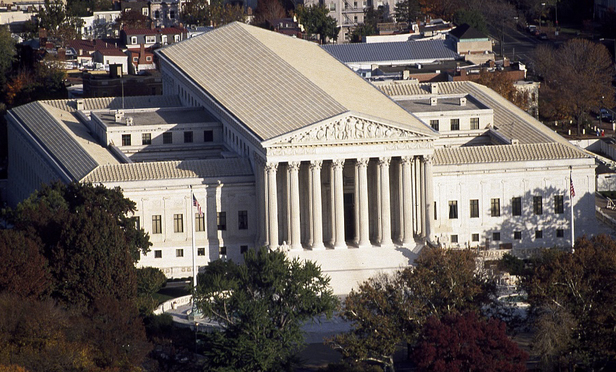“Guilty knowledge” is often the hardest element for the government to prove in a criminal prosecution. For that reason, criminal practitioners pay special attention to changes in the law that impact the evidence admissible on this score. The U.S. Supreme Court decided one such case during this term and was set to hear oral argument in another this week.
In Rosemond v. United States, No. 12-895, the court clarified what the government must prove to convict an individual of aiding and abetting another’s offense. The defendant in Rosemond joined with two confederates to sell a pound of marijuana to two buyers. The sellers allowed the buyers to inspect the marijuana in the backseat of their car at the arranged meeting place. Then, rather than turn over money, the buyers punched one of the confederates in the face, took the marijuana, and ran away. The “would-be drug dealers” (Justice Elena Kagan’s words, writing for the court) exited the vehicle, and one of them pulled a gun and fired shots at the “buyers-turned-robbers.” The government chargedJustus Rosemond with, inter alia, aiding and abetting his confederates’ violations of 18 U.S.C. § 924(c), which states that “any person who, during and in relation to any crime of violence or drug trafficking crime … uses or carries a firearm” shall receive a seven-year mandatory minimum sentence if the firearm is brandished or discharged.
This content has been archived. It is available through our partners, LexisNexis® and Bloomberg Law.
To view this content, please continue to their sites.
Not a Lexis Subscriber?
Subscribe Now
Not a Bloomberg Law Subscriber?
Subscribe Now
LexisNexis® and Bloomberg Law are third party online distributors of the broad collection of current and archived versions of ALM's legal news publications. LexisNexis® and Bloomberg Law customers are able to access and use ALM's content, including content from the National Law Journal, The American Lawyer, Legaltech News, The New York Law Journal, and Corporate Counsel, as well as other sources of legal information.
For questions call 1-877-256-2472 or contact us at [email protected]



